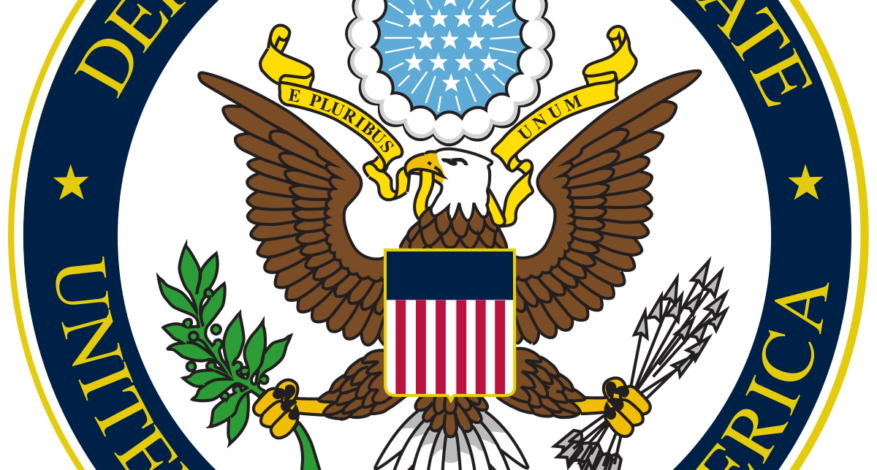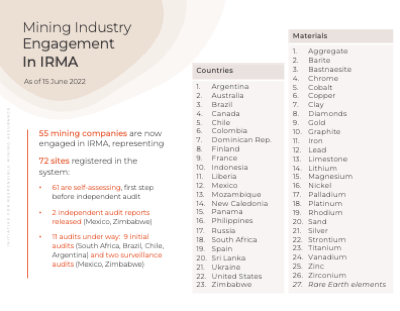OECD discussion – Is the implementation of responsible sourcing accelerating?
As part of the 2022 OECD Forum on Responsible Mineral Supply Chains, IRMA joined a conversation hosted by RE-SOURCING to discuss good practices in responsible sourcing. The discussion included IRMA’s Rebecca Burton, Oliver Grouz of KYBURZ Switzerland, Jessie Cato of Business & Human Rights Resource Centre, and Mathia Schluep of World Resources Forum Association. The hour-long webinar has been divided into sections, with each focusing on a specific question.
Introductions
Presentations
Panel – Is the implementation of responsible sourcing accelerating?


